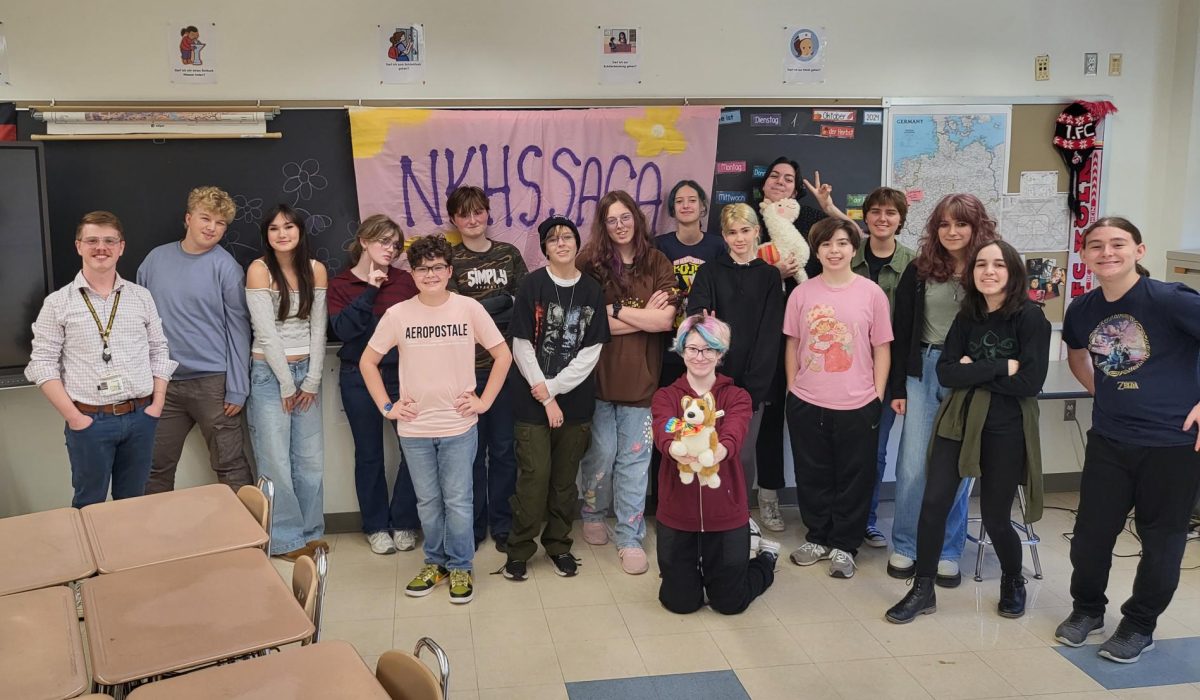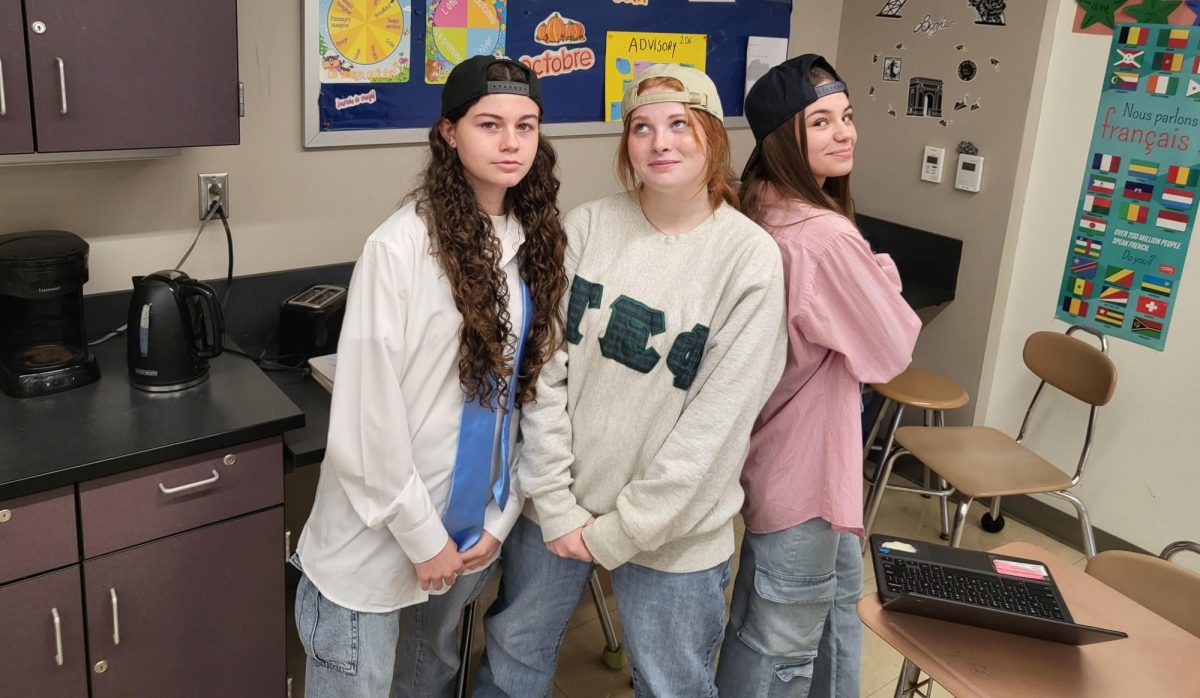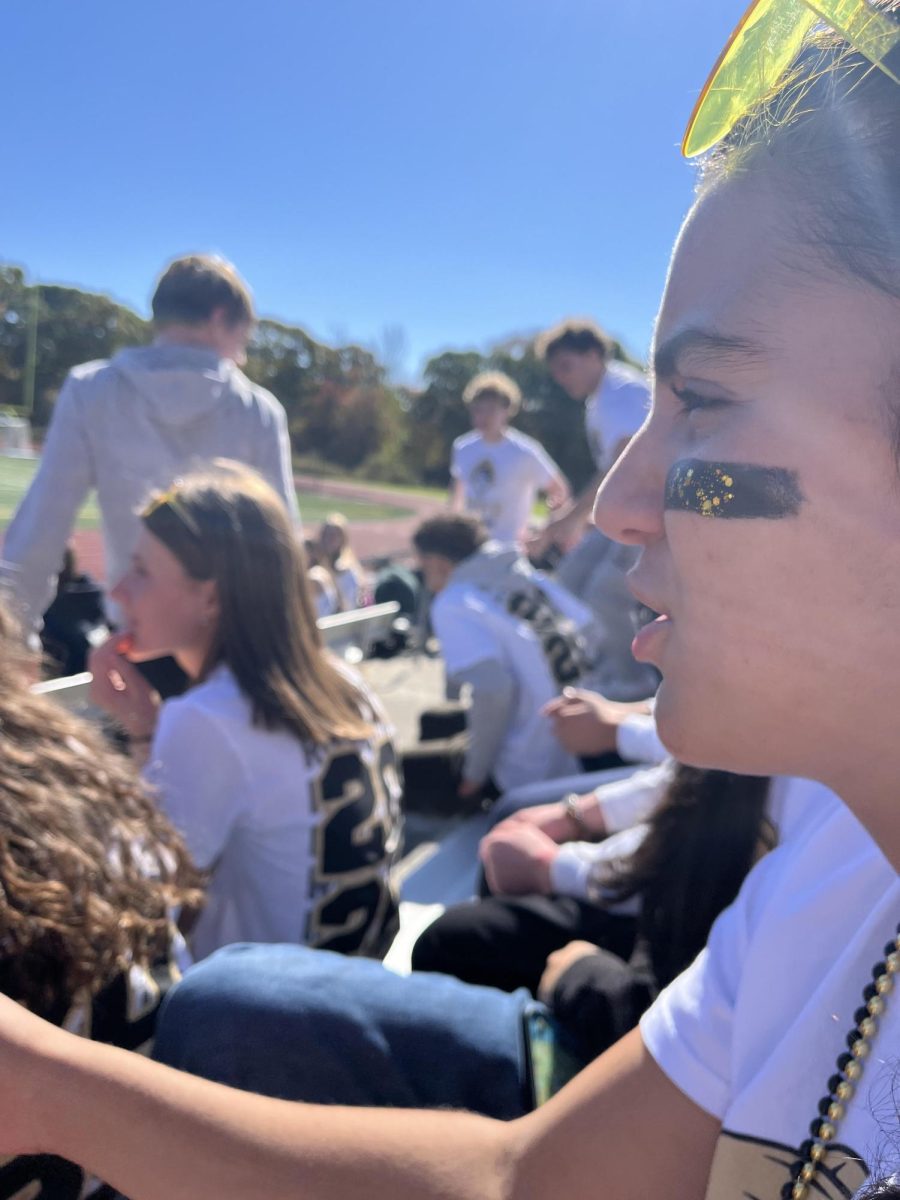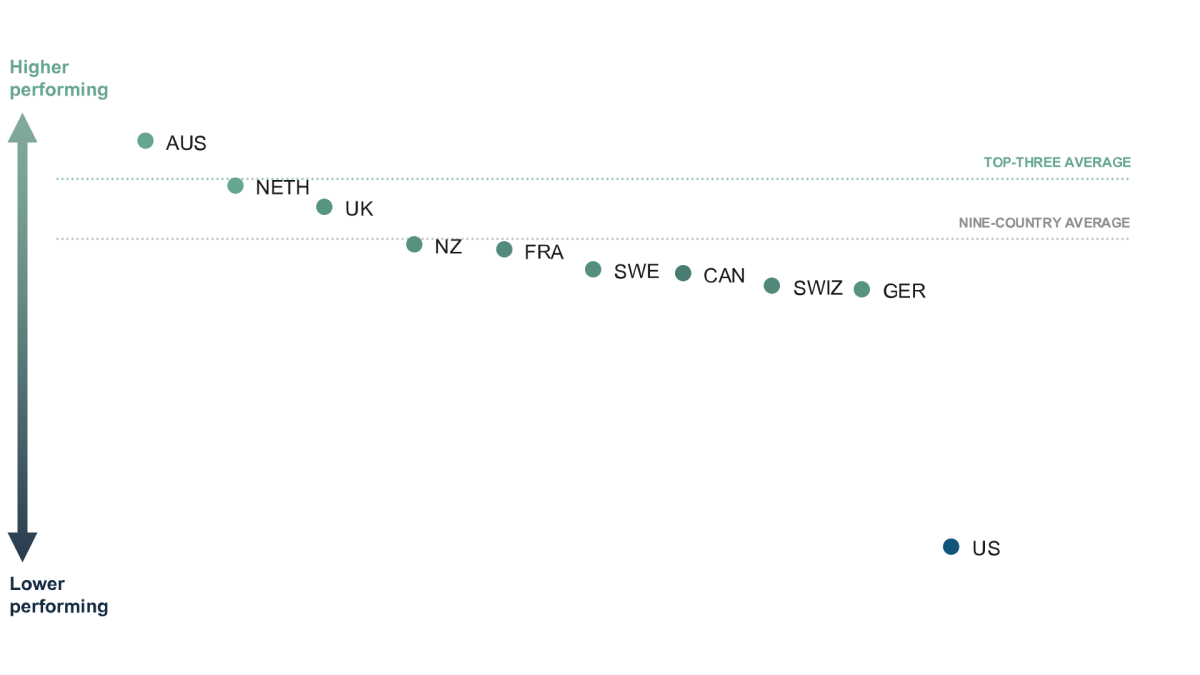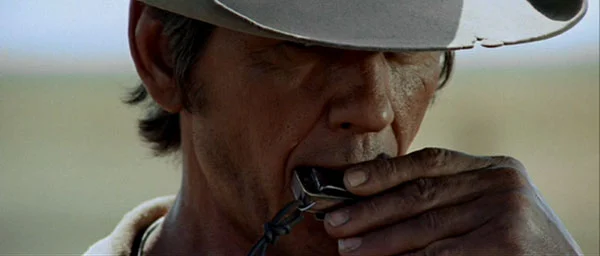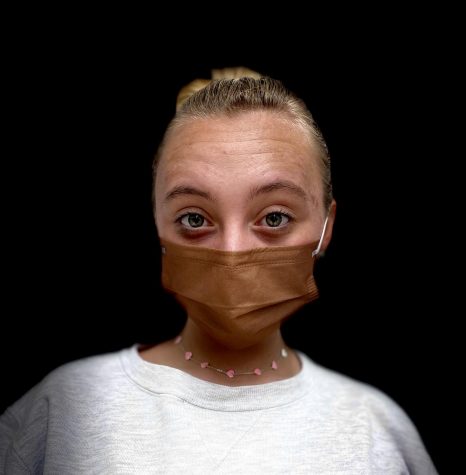InstaScam
February 18, 2022
I downloaded the Instagram App in 2015. I was 11 years old and in sixth grade. All my
friends already had accounts and I was not allowed to have one, and I felt like I was missing out.
Finally, my parents compromised and let me make an account for my dog. My username was
@biscuit_fortenberry and bio: I chase rabbits but never catch them. Some grade A 11-year-old
humor.
friends already had accounts and I was not allowed to have one, and I felt like I was missing out.
Finally, my parents compromised and let me make an account for my dog. My username was
@biscuit_fortenberry and bio: I chase rabbits but never catch them. Some grade A 11-year-old
humor.
I posted countless pictures of my dog and interacted with some of my friends’ dog
accounts, pretending to speak from the pooches’ POV. My account was 100 percent dog content and
when ads for weight loss teas and pictures of pretty girls with skinny waists and big boobs would
appear on my home page, preteen me was introduced to an entirely different side of Instagram.
accounts, pretending to speak from the pooches’ POV. My account was 100 percent dog content and
when ads for weight loss teas and pictures of pretty girls with skinny waists and big boobs would
appear on my home page, preteen me was introduced to an entirely different side of Instagram.
When I turned 13 I made an Instagram for myself. It’s not like I was completely in the
dark about all the unspoken standards and expectations of Instagram posts. I had seen my friends
editing pictures on the infamous VSCO app to make them look better on the ‘gram’. It was clear
to me that having social media was no longer a fun and silly outlet.
dark about all the unspoken standards and expectations of Instagram posts. I had seen my friends
editing pictures on the infamous VSCO app to make them look better on the ‘gram’. It was clear
to me that having social media was no longer a fun and silly outlet.
My friends began to follow my new account, and I couldn’t help but feel prideful and excited to
watch my follower count grow. There was a feeling that I never had before, almost like I was
winning a popularity contest.
Being a teenager is hard, there’s no debate. We all go through that awkward time of
puberty, pimples, periods. My age group, Gen Z, also known as the iGen, was the first generation
to grow up on social media. It is impossible to not compare yourself to other girls on social
media. Wondering how their skin is so clear, how is she so skinny, I wonder if I would be more
liked if I looked like that?
There are apps that target this harmful thinking. They make it easy for anyone to digitally
“perfect” and modify their appearance. I can remember the first time I came across an app like
this, FaceTune. My best friend and I just had a mini photo shoot together and were looking at the
pics together. I looked over at her phone and saw that with one swipe, she instantly turned her
teeth to a perfect white. I asked her what that app was and wanted to try it for myself. Apps like
FaceTune lead to a whole world of body image issues and I wish I had never downloaded it that
day.
this, FaceTune. My best friend and I just had a mini photo shoot together and were looking at the
pics together. I looked over at her phone and saw that with one swipe, she instantly turned her
teeth to a perfect white. I asked her what that app was and wanted to try it for myself. Apps like
FaceTune lead to a whole world of body image issues and I wish I had never downloaded it that
day.
“Influencers,” as they are called, are models on social media platforms who get paid to
promote products or a brand, almost always something that relates to bettering your appearance.
A study done by Dr. Amal Ben Cheikh at the University of Tunis found that 29.37 percent of people
follow influencers for inspiration. Influencers are the people who create today’s beauty standards.
Young girls and boys look up to these beautiful people with an enormous following and would
do anything to look like them. Influencers take advantage of their followers’ insecurities to make
money.
promote products or a brand, almost always something that relates to bettering your appearance.
A study done by Dr. Amal Ben Cheikh at the University of Tunis found that 29.37 percent of people
follow influencers for inspiration. Influencers are the people who create today’s beauty standards.
Young girls and boys look up to these beautiful people with an enormous following and would
do anything to look like them. Influencers take advantage of their followers’ insecurities to make
money.
I am 17 years old now and have had my own Instagram account for five years. Over that
time there are a few things that I have realized about the app and about myself. To be
transparent, there have been times where I became consumed by the amount of likes I was
receiving on a post. It is something that starts to control your self worth. If I saw that I had lost a
follower or two I would feel personally offended, like did I do something that made them
uninterested in me? In an article written by the Mayo Clinic, “Teens and Social Media Use:
time there are a few things that I have realized about the app and about myself. To be
transparent, there have been times where I became consumed by the amount of likes I was
receiving on a post. It is something that starts to control your self worth. If I saw that I had lost a
follower or two I would feel personally offended, like did I do something that made them
uninterested in me? In an article written by the Mayo Clinic, “Teens and Social Media Use:
What’s the Impact?”, “a small 2013 study found that older adolescents who used social media
passively, […] Reported declines in life satisfaction. Those who used social media to interact
with others or post their own content didn’t experience these declines.”
with others or post their own content didn’t experience these declines.”
This is an extremely unhealthy mindset, because honestly zero to none of people’s real
lives are posted online. People only share a glamorized version of themselves on social media. It
makes us disconnected from each other when the relatable aspects of our lives are not shared.
When someone does post a raw image of themselves, they are seen as ‘brave’ or ‘so confident.’
These are not flattering words in the context of social media and pictures of yourself.
lives are posted online. People only share a glamorized version of themselves on social media. It
makes us disconnected from each other when the relatable aspects of our lives are not shared.
When someone does post a raw image of themselves, they are seen as ‘brave’ or ‘so confident.’
These are not flattering words in the context of social media and pictures of yourself.
About a year ago, I decided that something needed to change. I needed to stop looking at
the world through the eyes of Instagram, constantly thinking if something was “aesthetic,” or
always wanting to stop and take pictures. I set an app limit for myself of five minutes a day on
Instagram, and I urge you readers to do the same. It has helped me tremendously. I am more
productive, my self worth improved, and I began to start absorbing the things around me.

